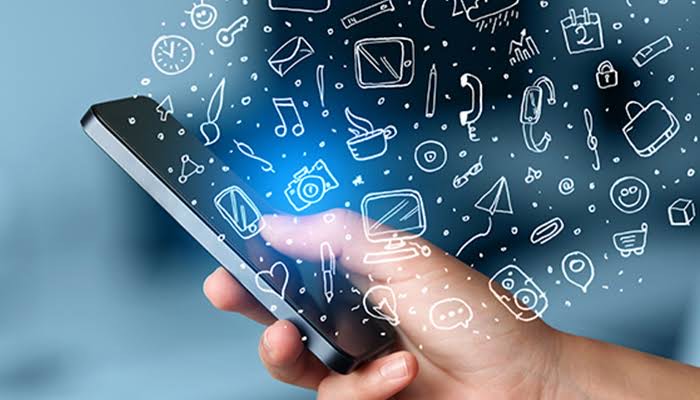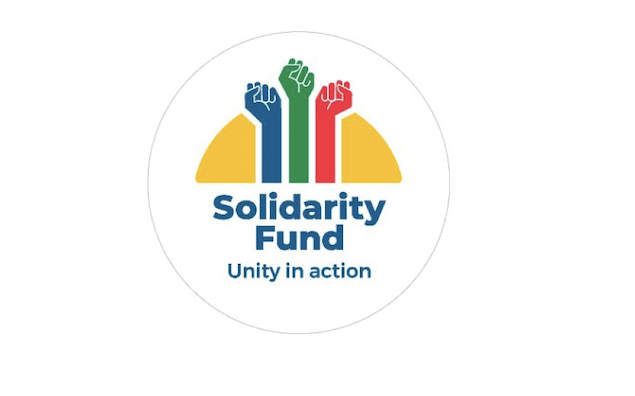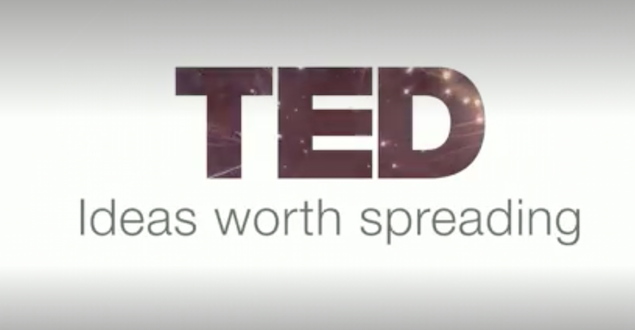
What we own is changing – thanks to technology and new ownership models
I recently read an open letter from Patagonia’s CEO titled ‘A letter from 2030’. This inspired me to pull out the proverbial pen and to write this piece around ownership. I have also started a piece on 2030 which I hope to share in the coming weeks, but for the moment let’s explore how what we own is changing.
Throughout human history we have owned tangible things, however since the invention of the internet in the early 1990s forms of ownership have changed and we have added digital elements to the list of things we own.
Companies and systems have been built to service and provide this form of ownership. From companies like EasyEquities, Amazon, and Spotify who are at the forefront of democratising access to experiences, assets and goods. To companies like Uber who have given everyone their own personal taxi service or weChat who have given everyone China a digital wallet. And lastly Apple who bought ownership to our fingertips with the invention of the iPhone in 2007 which catapulted the development of mobile smart phones.
We have also been made more aware of the impact that our habits have on the environment and thanks to companies like Doconomy we are starting to engage with ways to make ourselves more aware of how our habits impact our ownership of the earth.
These innovations have all taken place within the last 30 years and I haven’t even got started on the impact blockchain has had.
Shareholders are becoming stakeholders due to the interconnected nature of the world and the vested interest that ownership creates in the value chain.
What has and is making this shift possible?
Access – local environments have become global thanks to cellular connectivity and the world wide web. Each time I head out into an area with no cell reception or WIFI connection, I am reminded of the pivotal role that these play in our lives. You just need to look at the investments Jio in India received in the last year to quantify the significance this has had (and will have) on our lives
Transparency – digitalisation of systems and processes means that we now have a trail of interactions and transactions. This allows us to ‘see behind the curtain’ and instils trust in this new form of ownership.
Technology – without this digital ownership would not be possible. From software to hardware, tech has fundamentally changed how we engage with the world around.
Why am I excited about this change and how will it make a difference to the world we live in?
As we continue to explore and create new forms of ownership, I think that the way we ascribe value will change. This shift in ownership will drive new forms of investment vehicles – from owning solar panels, carbon credits, and packaging material.
I also firmly believe that new forms of ownership can help to drive responsibility in society at large. Zooming in on climate change, imagine if we used forms of ownership to deliver accountability and in doing so allowed humans to benefit from sustainable choices.
To end off, here are a few considerations for you to ponder.
Forms of ownership – what we own today versus what we will own in 10 years’ time I think will differ quite drastically. The scale with which it will different is up for debate, however younger generations I feel will own fewer physical assets in an individual capacity (crowd funding and shared ownership) and will have far more unique digital assets. *I will need to go far deeper in this to explain it properly and I will in time.
Temporary and transitional forms of ownership – with the rise of thrifting and refillable packaging options, I see a shift towards ownership of selected items being temporary and them being passed on to extend the life of the item rather than it simply being disposed of.
Exchanges and management – with everything going digital we are increasing our dependencies on third parties. We don’t physically hold digital assets or goods, they sit on a server in some far-flung corner of the globe, which are controlled by a handful of companies.
Security – in a physical world we can create structures to protect and secure the assets that we own. In a digital world the landscape is vastly different, we don’t all have the skills to create firewalls and cyber security fortresses.
Mindset shift – will humanity be able to make the shift to a society in which the number of physically owned goods is vastly reduced






